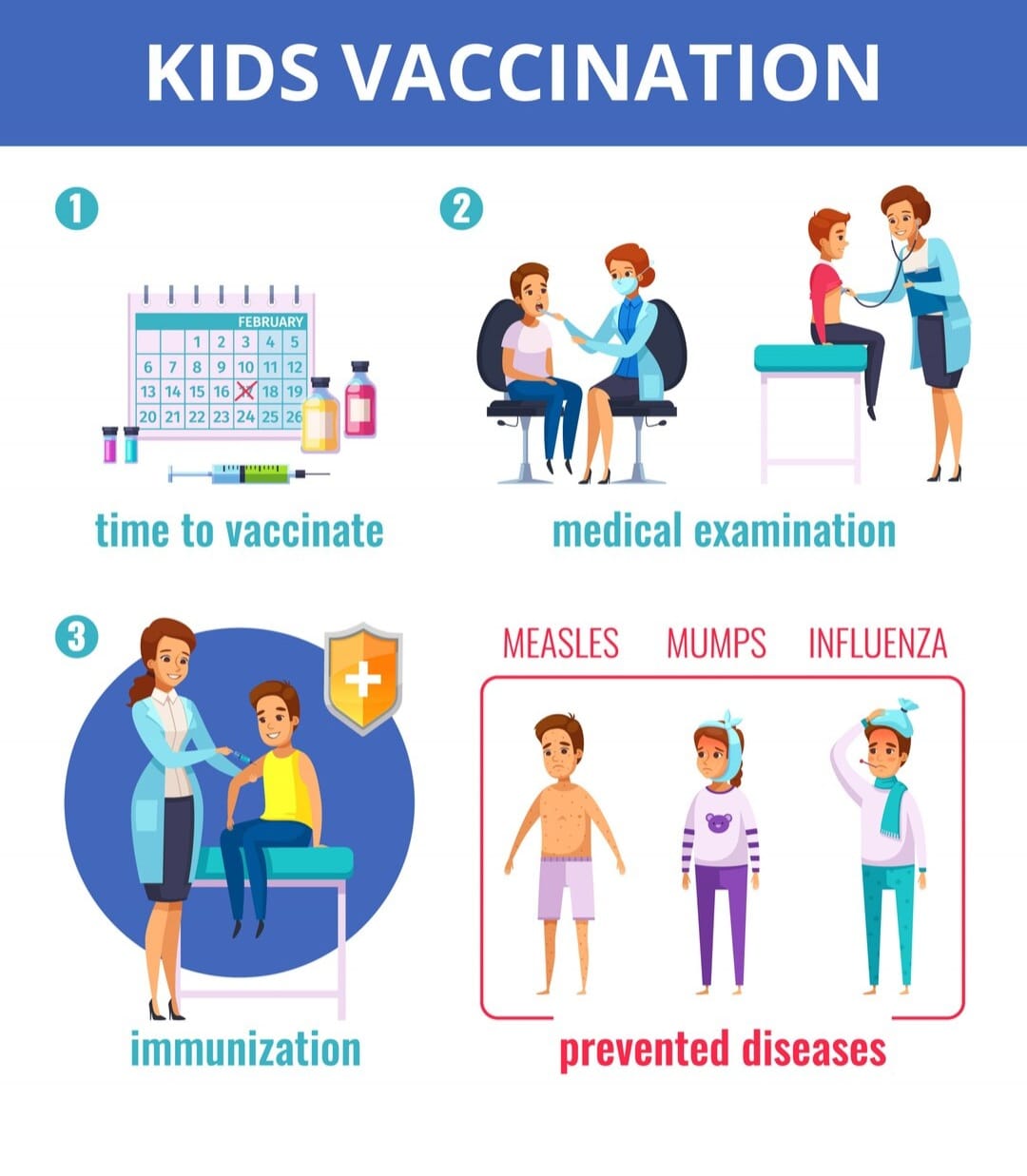Vaccinations Benefits
Vaccinations stand as one of the most significant public health achievements of the 20th century, continuing to play a crucial role in global health well into the 21st century. The development and distribution of vaccines have led to the eradication of smallpox, near-elimination of polio, and significant reductions in the incidence of illnesses such as measles, diphtheria, and pertussis. This article delves into the multifaceted benefits of vaccination, illustrating not only its importance in preventing disease and death but also in contributing to a healthier, more equitable world.
Preventing Disease and Saving Lives
The primary benefit of vaccination is its ability to prevent disease. Diseases like measles, mumps, and whooping cough, which once caused widespread illness and death, can now be prevented through vaccination. For instance, the World Health Organization (WHO) estimates that measles vaccination prevented over 21 million deaths between 2000 and 2017. Vaccinations have also played a key role in reducing the incidence of cervical cancer caused by human papillomavirus (HPV) and liver cancer caused by hepatitis B virus.
Economic Benefits
Vaccinations also bring substantial economic benefits. By preventing illnesses, vaccinations reduce healthcare costs associated with treating these diseases and the associated long-term disability or death. The cost of vaccination is significantly lower than the cost of medical treatment for the diseases they prevent. For example, in the United States, for every dollar spent on childhood immunization, the country saves $10.20 in healthcare costs. Furthermore, by keeping the population healthy, vaccinations contribute to the broader economy by reducing absenteeism at work and school, and ensuring that people can contribute productively to their communities.
Herd Immunity and Protection of the Vulnerable
Vaccines provide indirect protection to those who cannot be vaccinated, such as infants, pregnant women, and individuals with certain health conditions through a concept known as herd immunity. When a significant portion of the population is vaccinated, it is difficult for infectious diseases to spread because there are fewer susceptible hosts. This form of community protection is crucial for protecting the lives of those most vulnerable to serious complications from diseases.
Promoting Equity in Health
Vaccination also plays a key role in promoting health equity. Infectious diseases disproportionately affect the poorest communities, where access to treatment is often limited. By providing vaccinations at little to no cost, public health initiatives ensure that everyone, regardless of their economic status, has access to life-saving vaccines. This effort not only saves lives but also helps bridge the health equity gap between different socioeconomic groups.
Global Health Security
Vaccinations contribute to global health security by preventing the spread of infectious diseases across borders. In an increasingly interconnected world, a disease outbreak in one part of the globe can quickly become an international health crisis. Vaccination programs, especially in areas with high rates of disease, are crucial in preventing global pandemics. The COVID-19 pandemic underscored the importance of rapid vaccine development and distribution in controlling a global health crisis.
Ensuring the Future of Public Health
Finally, vaccination paves the way for a healthier future. The eradication of smallpox and the near-eradication of polio demonstrate the power of vaccines to eliminate diseases entirely. Ongoing vaccination efforts continue to work towards the control and elimination of infectious diseases as public health threats.
Conclusions
The benefits of vaccination extend far beyond individual health, contributing to societal well-being, economic stability, and global health security. Vaccinations remain one of the most cost-effective health interventions, offering a powerful tool in the fight against infectious diseases. As the world continues to face health challenges, the role of vaccinations in ensuring a healthy, equitable, and secure future cannot be overstated.







